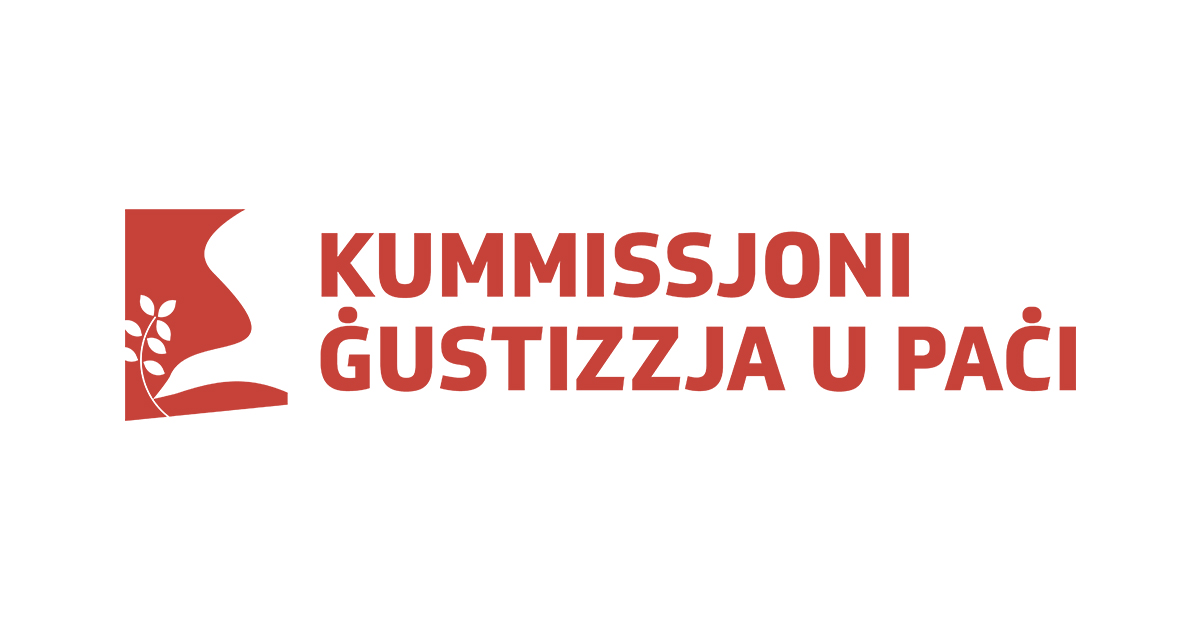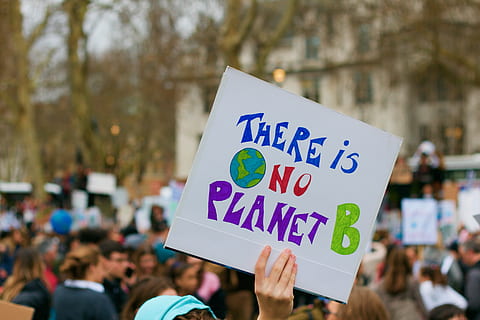On 9 August 2021 Working Group I of the Intergovernmental Panel on Climate Change (IPCC) published a report, in which humanity is held responsible for climate change and the increase of extreme weather events. The life of people and all living beings and their ecosystems will be seriously affected if the rise in the planet’s average annual temperature is not urgently reduced. The forthcoming Glasgow and Kunming summits should be a turning point in keeping the planet habitable for all people living on it and for future generations.
These summits must serve to better understand and start correcting “the structural causes of the dysfunctions of the world economy and correcting models of growth which have proved incapable of ensuring respect of the environment”[1]. If global warming continues its steady growth, we will witness intense climate change and unprecedented destruction of ecosystems with serious consequences for all, but especially for the poorest and most vulnerable.
As members of the Catholic network Justice and Peace Europe, we echo Pope Francis’ encyclical letter Laudato Sì’. We hear the cry of the poor and the cry of the Earth. We therefore remind all European governments and the EU institutions and their representatives present at these summits of their past engagements and we call on them to espouse and propose the following:
- that effective measures are taken to protect and improve all terrestrial ecosystems, as the health of the planet depends on them;
- that the European Union and its member states show a strong commitment in these summits and promote courageous and generous actions for the global common good and not only for its own citizens;
- that an urgent agreement is concluded to reduce CO2 emissions to levels that ensure the health of the planet for today and for future generations and allow to keep the 1.5° goal reachable; 1 Pope Benedict XVI, Address to the Diplomatic Corps accredited to the Holy See (8 January, 2007);
- that the possibility of buying CO2 emission certificates from third parties be reviewed, as this practice currently continues to favour rich countries over developing countries;
- that natural CO2 sinks should be enhanced by protecting forests and oceans and promoting reforestation and increased ocean protection;
- that everyone should be heard in decision-making, especially those countries, peoples or groups that are most affected by climate change;
- that concrete steps are taken to set deadlines for the decarbonisation of production processes at all levels;
- that an end be put to misleading green advertising and that greenwashing come to an end;
- that the reparation of the damage caused must be differentiated since at the Earth Summit in Rio in 1992 it was already stated that all countries had not contributed in equal proportion to the destruction of the environment and that until now rich states have fallen short of the $100 billion climate finance goal;
- that all agreements are binding and include clear compliance regulations, deadlines and sanctions for those countries or companies who do not abide by the rules
We also call on all citizens to take stock of our situation, of the existential threats to the earth, to biodiversity and to life in all its forms. We call on all to become informed so that at the individual level and through citizens’ associations we become ready and willing to act and “capable of going out of ourselves towards the other. Unless we do this, other creatures will not be recognized for their true worth; we are unconcerned about caring for things for the sake of others; we fail to set limits on ourselves in order to avoid the suffering of others or the deterioration of our surroundings… if we can overcome individualism, we will truly be able to develop a different lifestyle and bring about significant changes in society”[2].
Leuven, 4 October 2021
The General Assembly of Justice and Peace Europe
[1] Pope Benedict XVI, Address to the Diplomatic Corps accredited to the Holy See (8 January, 2007).
[2] Pope Francis, Encyclical Letter Laudato Si’, 2015, N° 208.



